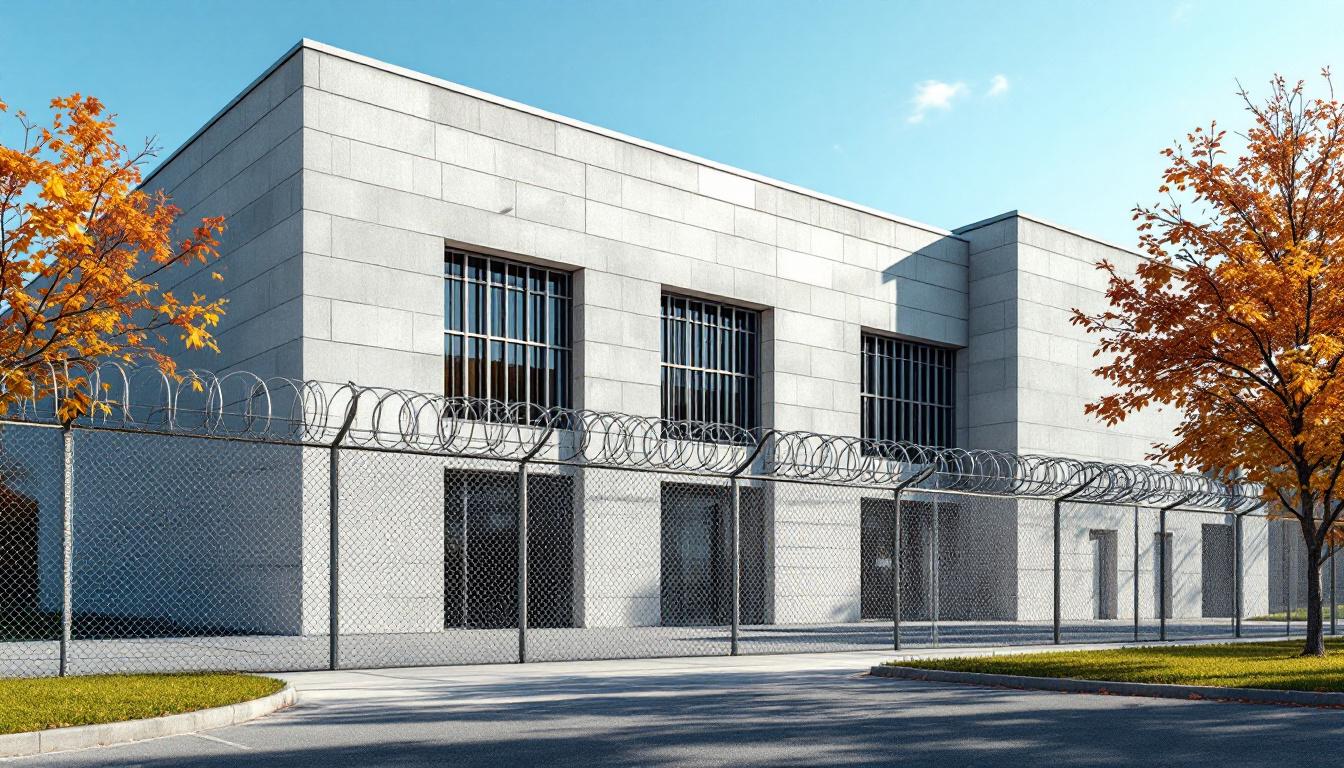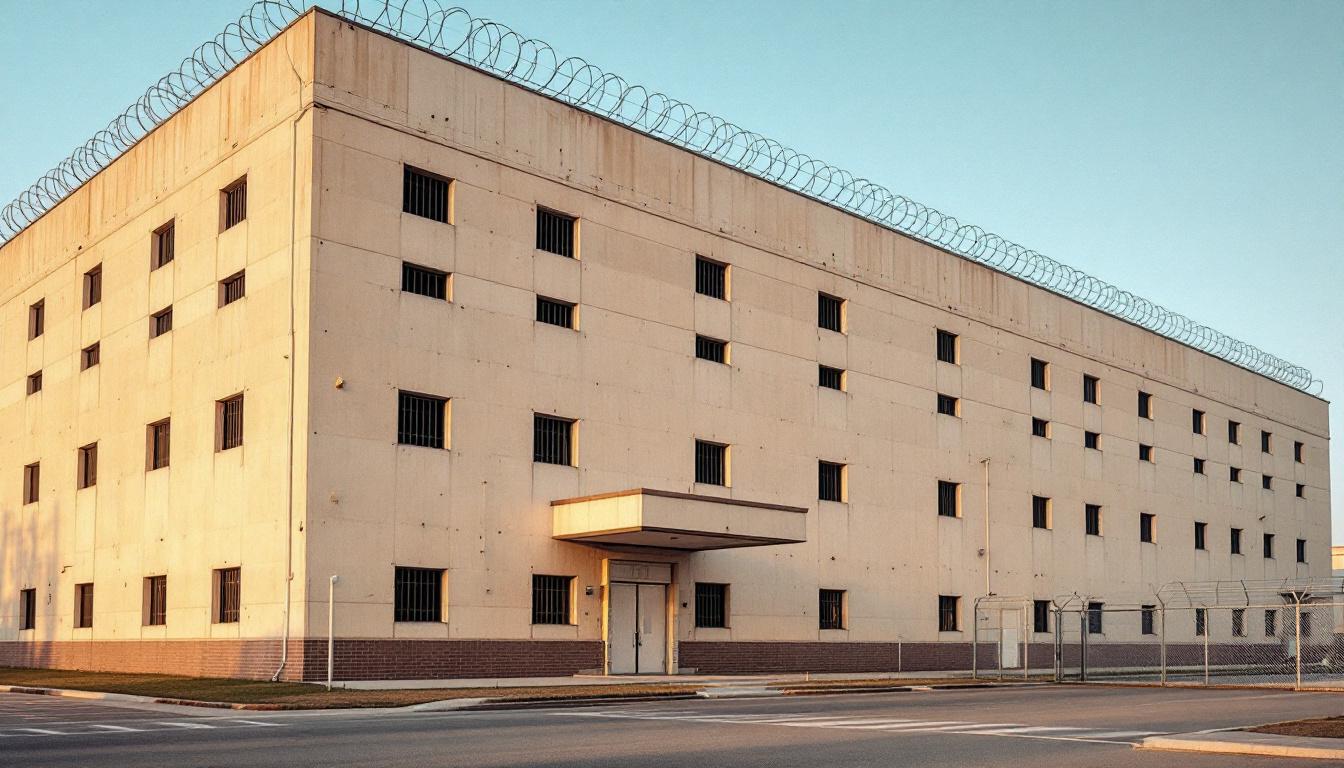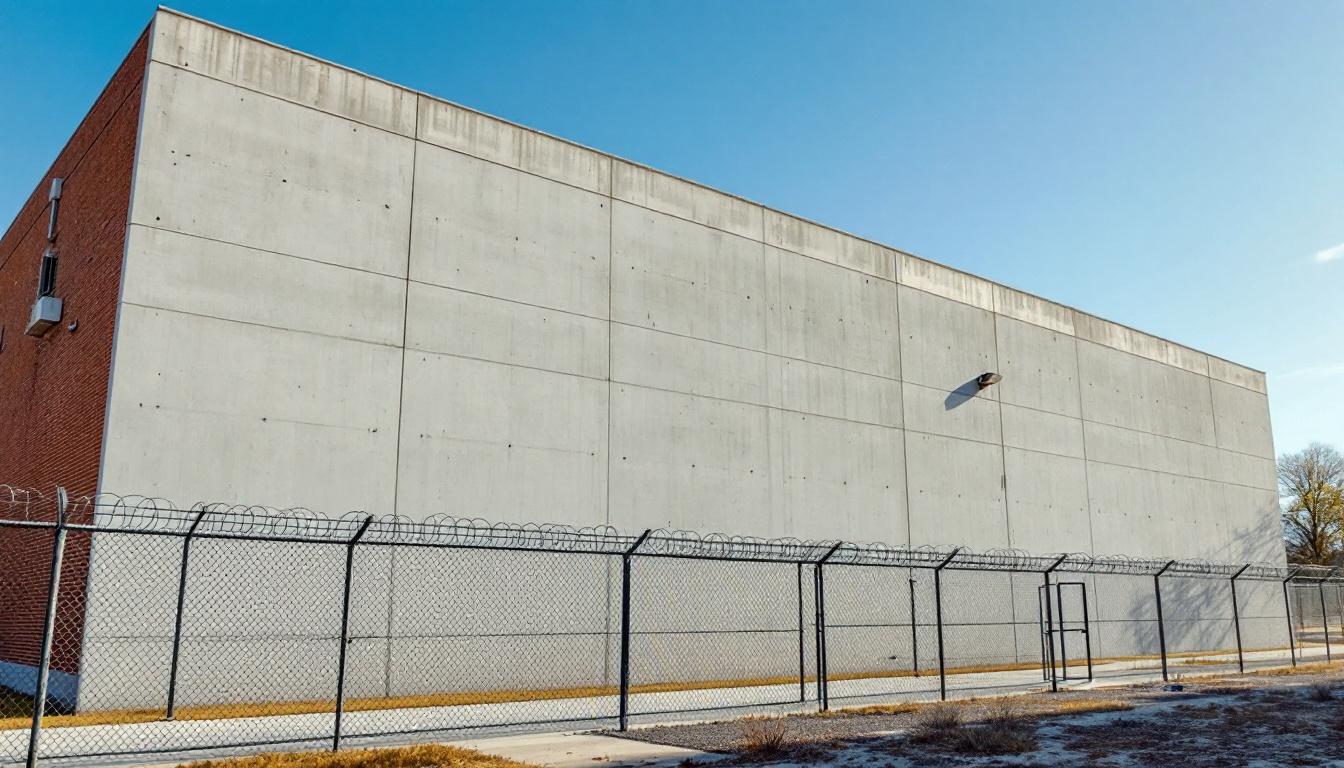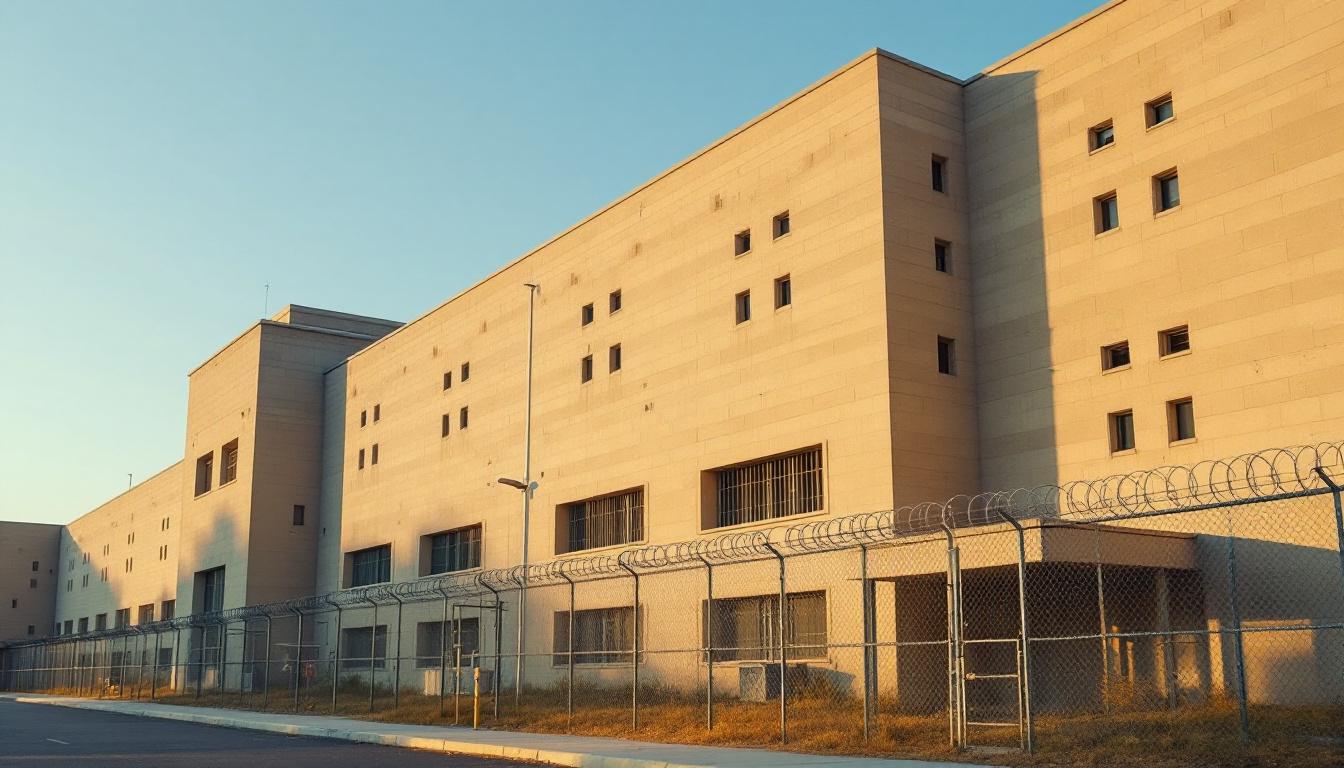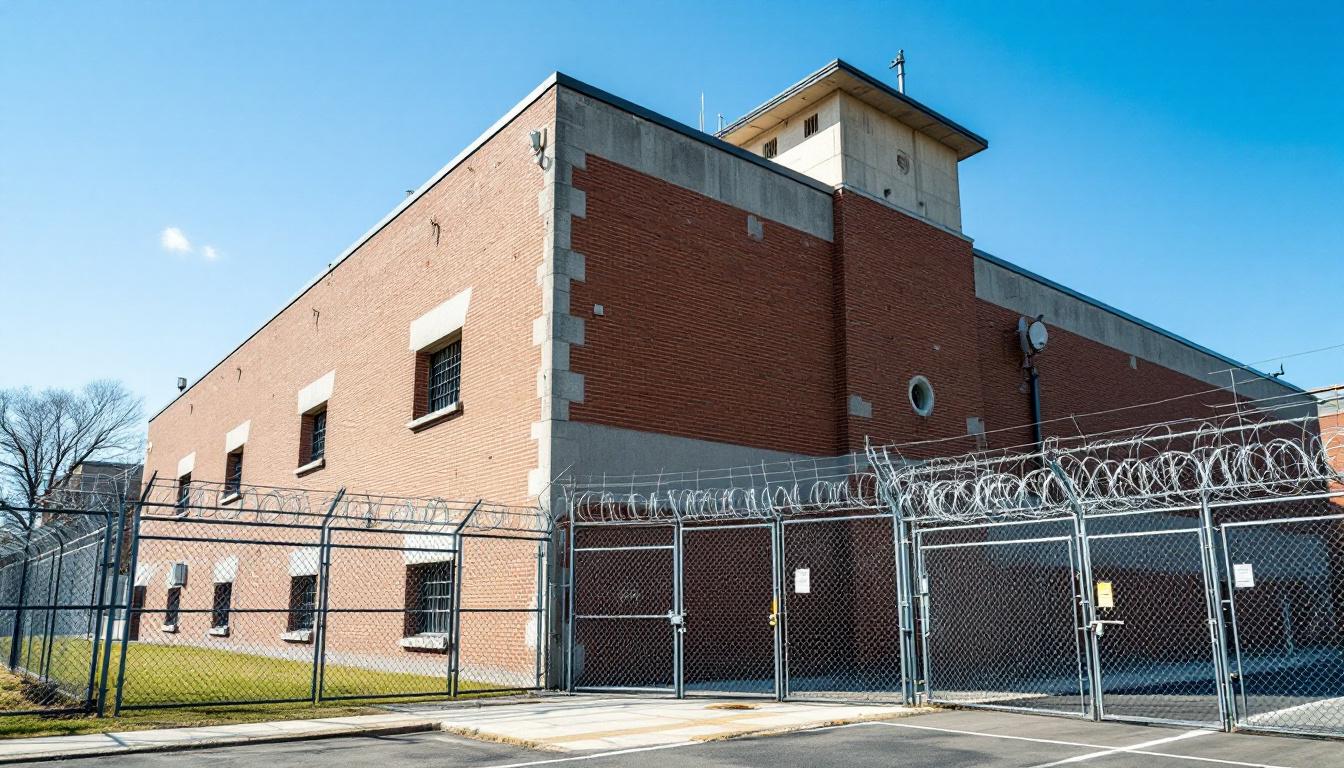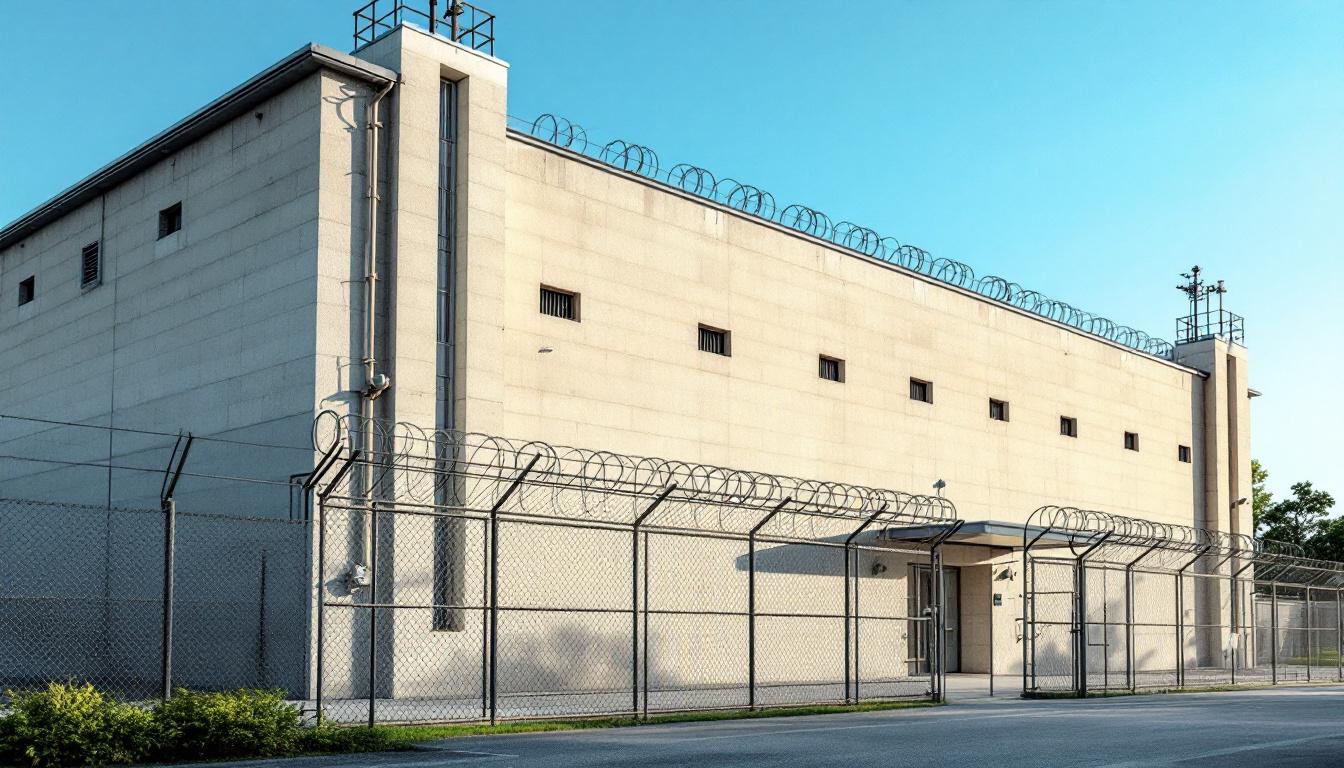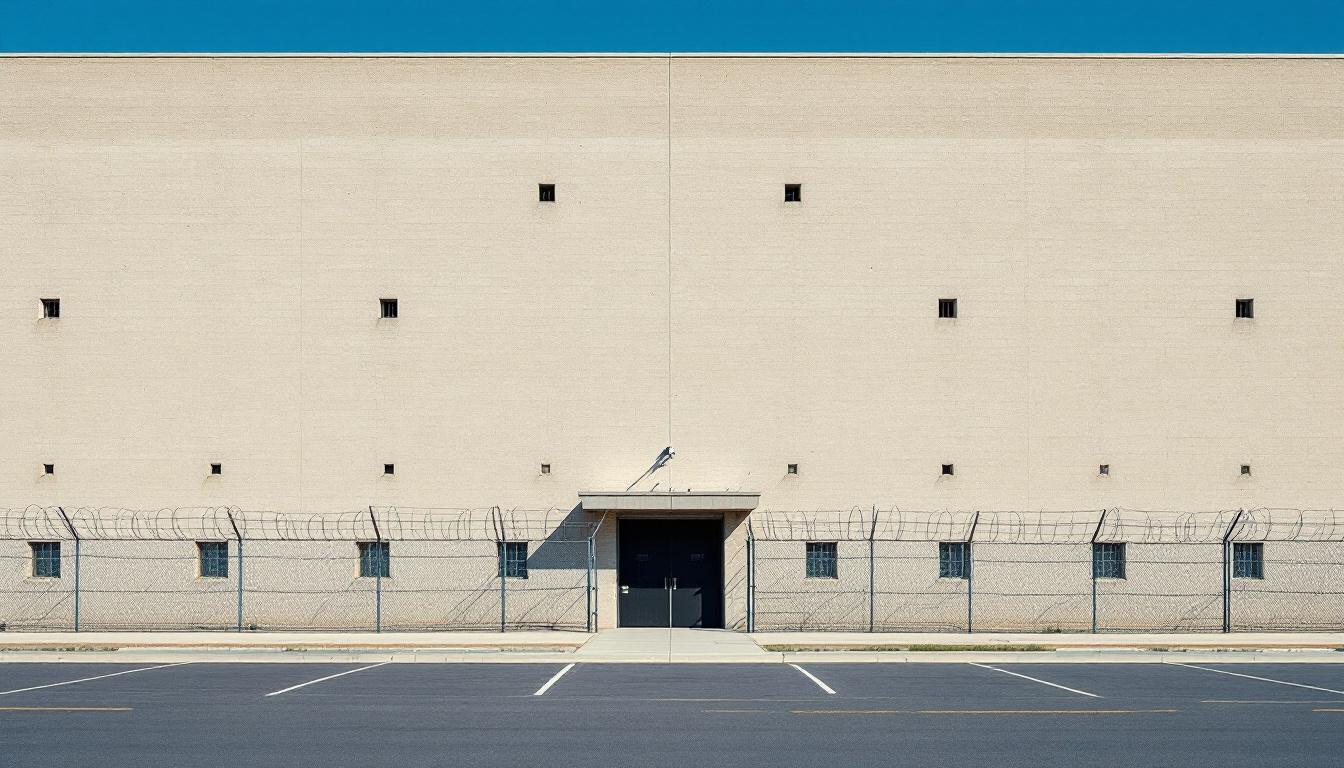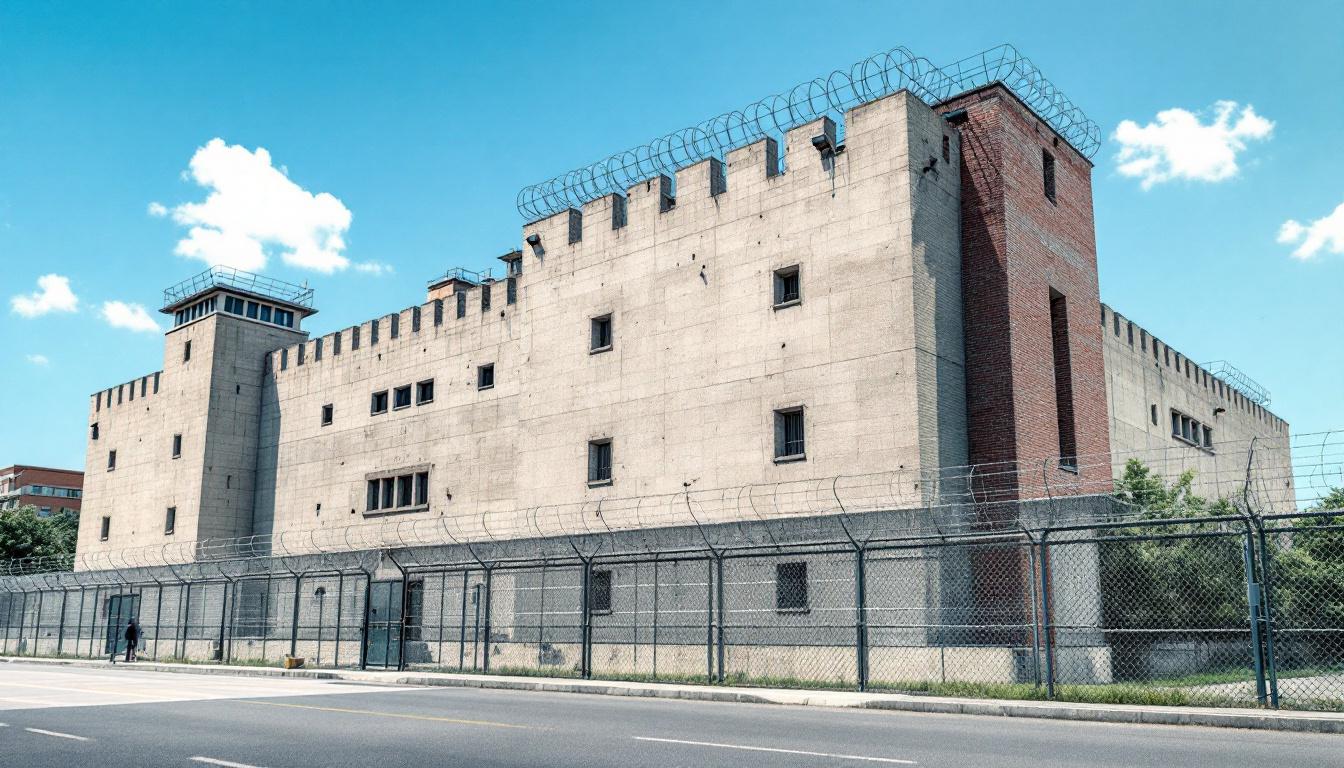
Quick Navigation
How to contact an inmate at Federal Correctional Institution Tallahassee
This comprehensive guide will walk you through how to connect with an inmate at Federal Correctional Institution Tallahassee. Follow the steps below to find an inmate and send letters and photos:
- Search for the inmate using our search tool below
- Create your account or log in to Penmate
- Write your message (up to 6,000 characters)
- Send instantly - inmates receive printed copies daily
Find an Inmate
Search for an inmate to start communicating today
Tip: You can search by first name, last name, or inmate ID number
To contact a person at Federal Correctional Institution Tallahassee start by searching for the person on the facility website. Perform a search by following these steps:
- Step 1: Enter their first name and last name into the search form and click "Search"
- Step 2: Locate their inmate record
- Step 3: Write down their Inmate ID and any housing information provided
Important! Be sure to enter the person's full name. Nicknames should not be used.
How to Send Messages to Inmates

You can use your phone or computer to send emails, letters, and photos to an inmate. Messages are sent electronically to inmate tablets or kiosks at the facility. If you would like to send a message, start by searching for an inmate at Federal Correctional Institution Tallahassee.
Sending Photos and Postcards

A great way to send love and support to a loved one at Federal Correctional Institution Tallahassee is to send photos and postcards. It only takes a few minutes to send photos from your phone and it makes a huge difference. You can also mail postcards with words of support and inspiration, or design your own postcard for special moments like birthdays and holidays.
Important! Be sure not to send any explicit photos or they may not be approved by the facility. You can also use a photo printing app like Penmate to make sure your photos are printed at the correct size (4x6 or 3x5) and are mailed according to the rules and regulations of Federal Correctional Institution Tallahassee.
Frequently asked questions about Federal Correctional Institution Tallahassee
-
How long does it take to deliver a message?
If you're sending an email message your letter is usually delivered within 24-48 hours. For messages sent via mail you should expect delivery within 3-7 days. All messages will need be approved by Federal Correctional Institution Tallahassee.
-
How much does it cost to send a message to Federal Correctional Institution Tallahassee?
You can send a message free using your phone or mail a message via USPS for the price of a $0.60 stamp and envelope. You can also purchase credits or e-stamps from services starting at $1.99.
-
What services can I use to contact an inmate at Federal Correctional Institution Tallahassee?
Penmate
You can use Penmate to send letters and photos to an inmate from your phone. It's an easy way to stay in touch during your loved one's incarceration. Use the inmate locator to find an inmate's location and contact information, then you can send messages within a few minutes.
Securus messaging
Securus may be another option for communicating with an inmate at Federal Correctional Institution Tallahassee. You can create a friends and family account and purchase credits to send messages. All messages will be reviewed and must be approved by the facility.
JPay
Some county jails and state prisons may support sending messages with JPay. You must register an account with the system, find your loved one, and purchase stamps to send messages. For some locations you can also attach photos.
Smart Jail Mail
You may also check if Smart Jail Mail is available at Federal Correctional Institution Tallahassee. Smart Jail Mail is operated by Smart Communications and has contracted with some state and county jails. After purchasing credits, your messages and photos are sent to the facility, printed out, and then handed out to your loved one.
-
What is the mailing address of Federal Correctional Institution Tallahassee?
Mailing address:
Federal Correctional Institution Tallahassee
501 Capital Cir NE
Tallahassee, FL 32301
-
What are the visiting hours at Federal Correctional Institution Tallahassee?
Visiting hours at Federal Correctional Institution Tallahassee vary by housing unit and security level. Generally, visits are scheduled on weekends and holidays, with some facilities offering weekday visits. Contact the facility directly for the current visiting schedule. Visits typically last 30-60 minutes and must be scheduled in advance.
-
What items are prohibited when sending mail to Federal Correctional Institution Tallahassee?
Prohibited items typically include: cash, personal checks, stamps, stickers, glitter, glue, tape, staples, paperclips, polaroid photos, musical or blank greeting cards, hardcover books, magazines with staples, and any items containing metal or electronics. Only send letters on plain white paper with blue or black ink. Photos must be printed on regular photo paper (no Polaroids). Always check with Federal Correctional Institution Tallahassee for their specific mail policies.
-
How do I send money to an inmate at Federal Correctional Institution Tallahassee?
You can send money to an inmate at Federal Correctional Institution Tallahassee through several methods: 1) Online using JPay, Access Corrections, or the facility's approved vendor, 2) Money orders mailed directly to the facility with the inmate's name and ID number, 3) Kiosks located in the facility lobby, or 4) Over the phone using a credit or debit card. Fees vary by method, typically ranging from $2.95 to $11.95 per transaction.
-
Can I schedule a video visit with an inmate at Federal Correctional Institution Tallahassee?
Many facilities now offer video visitation as an alternative to in-person visits. At Federal Correctional Institution Tallahassee, video visits may be available through services like Penmate, Securus Video Connect, GTL, or ICSolutions. Video visits typically cost $10-20 for 20-30 minutes and must be scheduled in advance. You'll need a computer or smartphone with a camera and reliable internet connection. Contact the facility for their specific video visitation policies and approved vendors.
-
What identification do I need to visit an inmate at Federal Correctional Institution Tallahassee?
All visitors must present valid government-issued photo identification such as a driver's license, state ID, passport, or military ID. Minors must be accompanied by a parent or legal guardian who can provide the minor's birth certificate. Some facilities require visitors to be on the inmate's approved visitation list, which may require a background check. Contact Federal Correctional Institution Tallahassee for specific ID requirements and visitor approval procedures.
-
How can I find out an inmate's release date?
To find an inmate's release date at Federal Correctional Institution Tallahassee, you can: 1) Use the online inmate search tool if available, 2) Call the facility's records department, 3) Contact the inmate's case manager or counselor, or 4) Have the inmate provide this information during a call or visit. For privacy reasons, some facilities only release this information to immediate family members.
Facility Overview
Contact Information
Federal Correctional Institution Tallahassee501 Capital Cir NE
Tallahassee, FL 32301

About Federal Correctional Institution Tallahassee
Federal correctional facilities serve as integral components of the justice system, designed to house individuals while providing structured environments for rehabilitation and eventual community reintegration. FCI TALLAHASSEE operates within this framework in Florida's capital city, contributing to the broader network of correctional institutions that serve the southern region. Located in Tallahassee, this FL correctional facility typically maintains connections with local community resources and regional support systems that may facilitate successful transitions for individuals preparing to return to society.
The facility generally emphasizes programs that address the population services through various educational, vocational, and therapeutic offerings commonly found in federal institutions. These services often include basic educational opportunities, job training initiatives, and counseling programs designed to support personal development and skill-building. FCI TALLAHASSEE typically operates within the federal correctional system's established guidelines, maintaining security protocols while working to provide meaningful programming that may help individuals develop tools for successful reintegration into their communities upon release.
As part of Florida's correctional landscape, the facility generally coordinates with regional networks to ensure continuity of care and support services. Family visitation programs and communication systems typically allow maintained connections between individuals and their support networks, recognizing the importance of these relationships in the rehabilitation process. The institution's position within Tallahassee may provide access to various community resources and educational institutions that can enhance programming opportunities, though specific partnerships and services may vary based on operational needs and available resources.
Programs & Services
Through comprehensive programming designed to address the multifaceted needs of incarcerated individuals, supportive services at FCI Tallahassee create pathways for meaningful personal transformation and successful community reintegration. The facility's approach recognizes that effective rehabilitation requires addressing underlying factors that may have contributed to criminal behavior while simultaneously building the skills and resilience necessary for sustainable change. This holistic philosophy permeates throughout the institution's various offerings, ensuring that the population receives coordinated care that addresses their educational, therapeutic, and practical needs.
Educational programs typically form the cornerstone of rehabilitative efforts, providing the population with opportunities to develop foundational academic skills and pursue advanced learning objectives. These initiatives may supply basic literacy and numeracy instruction for those requiring fundamental skill development, while also offering pathways toward high school equivalency certification and post-secondary educational opportunities. Vocational training components often complement academic pursuits, equipping participants with marketable skills in various trades and industries that align with regional employment demands, thereby enhancing their prospects for economic stability upon release.
Additionally, therapeutic and support services address the complex personal challenges that many individuals face during their period of incarceration. Substance abuse treatment programs typically employ evidence-based methodologies to help participants understand and overcome addiction patterns, while anger management initiatives focus on developing healthy coping mechanisms and interpersonal skills. The facility may supply trauma-informed care approaches that recognize the impact of past experiences on current behavior, creating safe environments for healing and growth. Furthermore, practical support services such as work release opportunities, time management training, and housing assistance programs often bridge the gap between institutional life and community reintegration, providing the population with essential tools for navigating the transition back to society successfully.
Daily Life & Visitation

Structured routines and systematic organization form the foundation that shapes every aspect of the experience for the population at FCI Tallahassee, where carefully coordinated schedules supply predictability and order throughout each day. At present, residents actively participate in a framework that typically begins with early morning counts, followed by structured meal periods, work assignments, and designated times for educational programming and recreational activities. The facility generally operates on a schedule that balances institutional security requirements with opportunities for personal development, ensuring that the population maintains access to essential services while adhering to established protocols.
Housing arrangements at the facility typically consist of dormitory-style accommodations and individual cells, depending on security classification and available space, with residents generally sharing living areas that include basic furnishings and personal storage options. The population usually has access to common areas within their housing units, where they may interact with others during designated periods and maintain their personal belongings within established guidelines. Additionally, dining operations typically follow a structured schedule with meals served in central locations, allowing residents to gather for regular meal periods while maintaining orderly movement throughout the facility.
Recreational opportunities generally include access to outdoor exercise areas, indoor fitness facilities, and organized sports activities that supply both physical activity and social interaction for the population. While maintaining security protocols, the facility typically offers visitation programs that allow families and approved visitors to maintain connections through scheduled visits and telephone communications. Work assignments often encompass various facility operations, from food service and maintenance to administrative support roles, providing residents with structured daily responsibilities and potential skill development opportunities that may benefit their eventual reintegration into the community.
Ready to Connect?
Start communicating with your loved one today
Search for an Inmate
